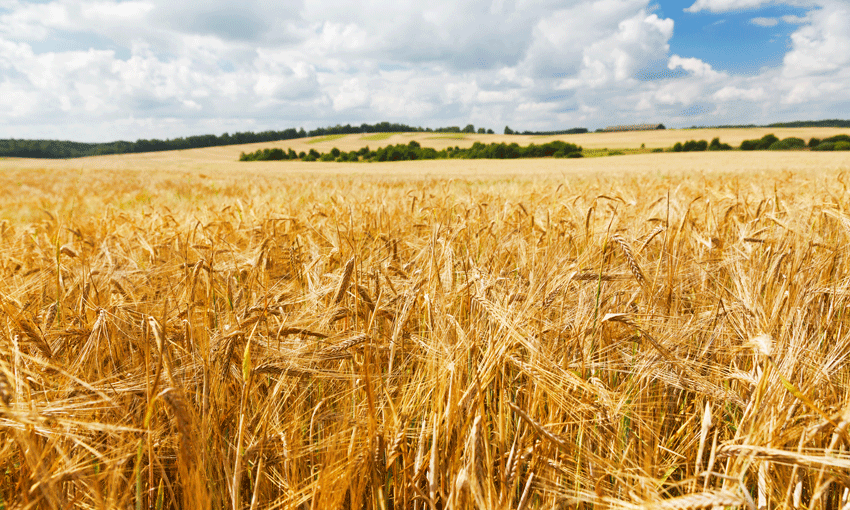TRADE minister Simon Birmingham says the Australian government is “deeply concerned” by reports “unjustified duties” may be levied on Australian barley imports.
While the move has been framed as a part of an anti-dumping investigation by Chinese authorities, there are fears Australia is being punished for its closeness to the US administration and provocative efforts to organise a probe into the causes of COVID-19.
Mr Birmingham said Australian barley producers operated in a competitive global market without any trade distorting subsidies.
“We have worked with the Australian grains industry to mount the strongest possible case against China’s anti-dumping investigation,” he said.
“We will use the remaining time before China finalises its decision to continue our efforts to resolve this matter satisfactorily and will seek to uphold the integrity of our world leading barley producers.
“Whilst Australia respects China’s right, as with any nation, to undertake domestic investigations into anti-dumping matters, we do not accept that there is a prima facie case.”
Mr Birmingham said Australia would reserve all rights to defend the interests of barley producers.
According to AgriFutures Australia, Australian growers produce around 2.3m tonnes of malting barley a year and 6m tonnes of feed barley. Domestic demand for malting barley is around one million tonnes a year and Australian domestic feed use is around two million tonnes each year, resulting in about 60% of the total crop being exported each year.
Key ports for the export of barley include Kwinana, Albany and Esperance (Southern Ports), Adelaide (Flinders), as well as Geelong in Victoria.
Trade lawyer and partner with Rigby Cooke, Andrew Hudson, said the timing of the reported investigation and the possible implementation of measures came at a difficult time for the relationship between Australia and China.
“Every WTO country does have the right to investigate such matters and to impose measures but that has to take place according to WTO rules,” Mr Hudson said.
“For example in Australia, local industry has the right to seek an investigation against imports that are allegedly dumped or subsidised and which are causing material injury to local production.
“That process allow the imposition of interim securities even before the investigation is completed.”
Mr Hudson said interested and affected parties had a right to oppose those measures in several different forums.
“China reserves the right to impose measures according to its own investigation system. That would enable the barley exporters and their clients in China to oppose the measures during the Chinese investigation,” he said.
“The Australian government could also make submissions as do foreign governments in response to Australian investigations. If measures were eventually imposed in China and Australia believed that they were not properly imposed the they could raise a variety of diplomatic complaints including under ChAFTA or by action at the WTO.”

